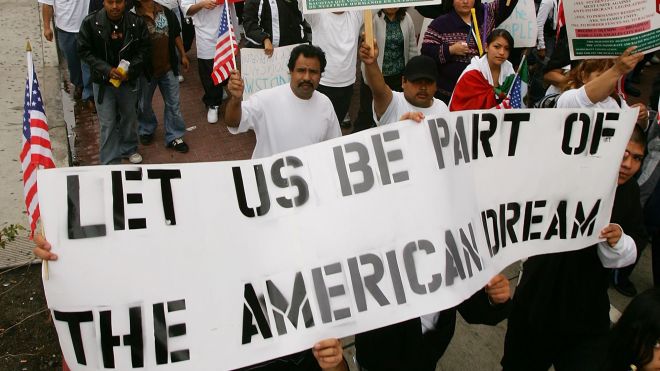Will the Real DEI Please Stand Up? Please Stand Up!
Over twenty-eight years ago, when I started working professionally in the “diversity” field, I read “Beyond Race and Gender,” by Roosevelt Thomas. Dr. Thomas was very clear that real diversity in organizations was more than representation, and more than one issue. Diversity in organizations was more than looking good in a company photo; it was a mindset, and a way of doing business. It was about understanding your workforce, and leveraging the unique talents and skills of each person so that they could be successful and help the organization be successful.
Several years later, the word inclusion was added to the lexicon. Organizations were talking about diversity and inclusion, which served to confirm the idea that numbers were not enough. Leaders in organizations needed to engage and empower people to do their best work and be an integral part of the organization.
In the last few years, the word equity was added and now we talk about DEI or diversity, equity and inclusion. In fact, it seems that almost everywhere I go, I hear people using the term DEI and professing to be DEI leaders or experts. I hear the term so often, it almost ceases to mean anything anymore since so many people who use the term have no understanding of history, or what it means in the context of organizations, systems or their own personal and professional lives.
While it’s the foundation of much of my work, I don’t like to use the DEI term that much, because it’s gotten so watered down.
To be a real leader in diversity, equity and inclusion as we call it today, entails going through your own personal transformation. It’s not just about recruiting more people of color, supporting same-sex marriage or conducting bias training. These are essential parts of DEI but to build organizations, institutions and communities, you have to be willing to look at yourself, your own experiences and the institutions and systems that impacted your life and your thinking.
Go back and read the history of the “diversity movement,” what’s been done, what worked and what didn’t and why, so you don’t keep reinventing the wheel. And decide if you want to be a change leader. If yes, then you need to change yourself. Do you want to be part of a change that lasts, that gets incorporated into the DNA of your organization then you have to be willing to be uncomfortable.
I’m not The Expert, but I am an expert and I keep learning and changing and growing. I’m not a certifier, and I don’t give out report cards. But I do know that just saying you “do DEI,” doesn’t mean you are DEI. You have to live it, and be it where you are and with the people around you. It doesn’t stop.



Recent Comments